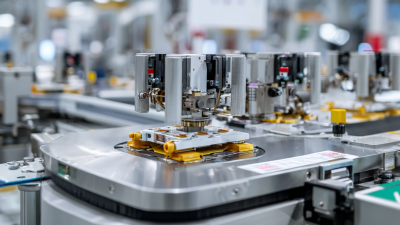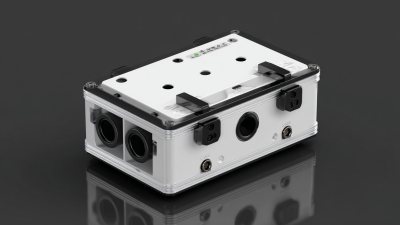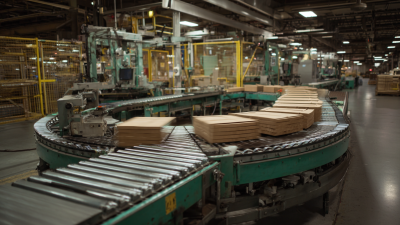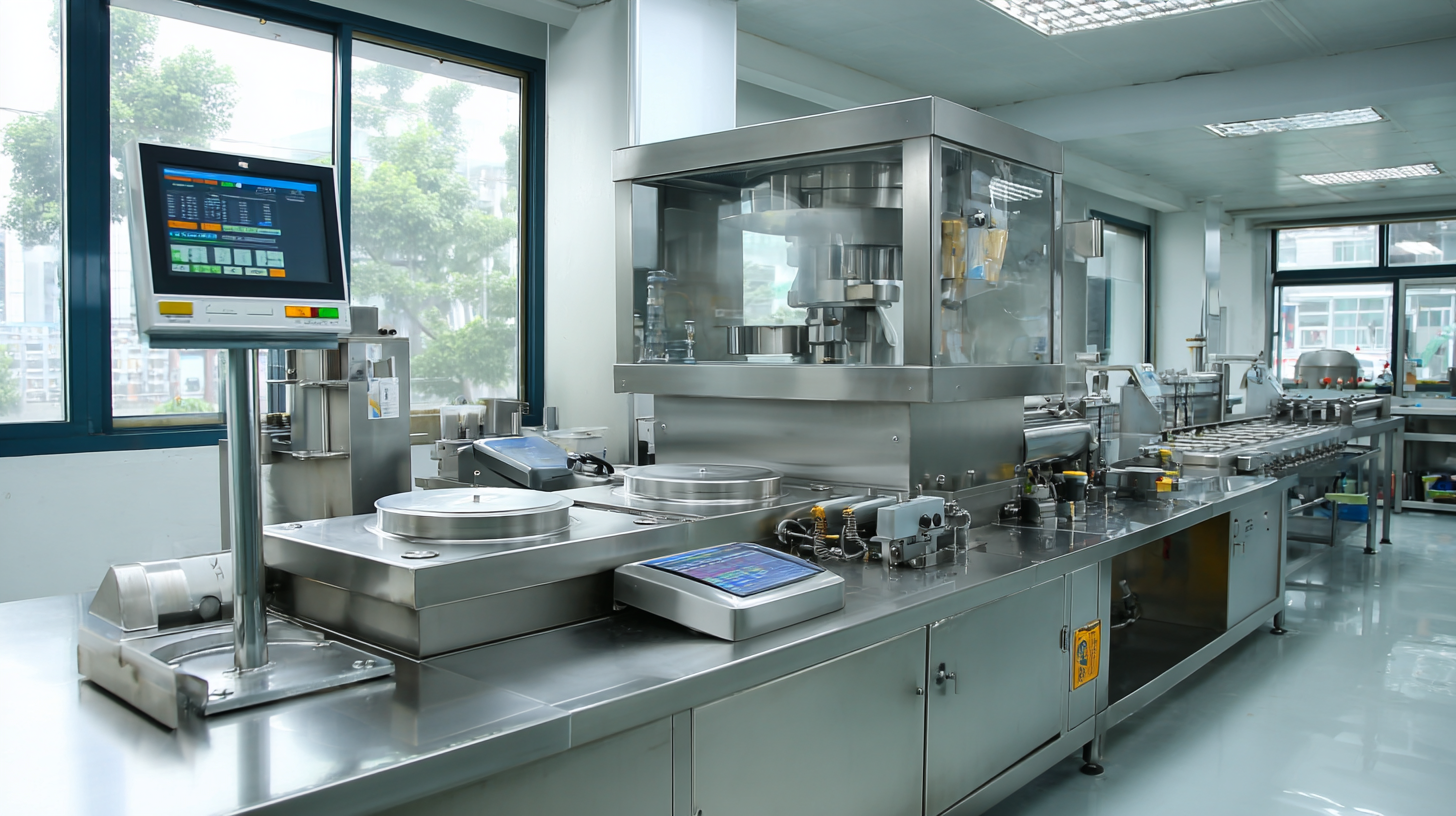 In the fast-paced world of manufacturing, ensuring precise product weight is crucial for maintaining quality control and compliance with industry standards. The global checkweighing machine market is projected to reach $1.5 billion by 2026, driven by the increasing need for accuracy and efficiency in production lines. A checkweighing machine plays a vital role in this process, as it verifies the weight of products during packaging, helping to minimize waste and meet regulatory requirements. Additionally, according to a recent industry report, over 60% of manufacturers consider automated checkweighing solutions essential for optimizing their production workflows. Choosing the right checkweighing machine tailored to specific production needs can enhance operational efficiency, reduce human error, and ensure product integrity, ultimately leading to greater customer satisfaction.
In the fast-paced world of manufacturing, ensuring precise product weight is crucial for maintaining quality control and compliance with industry standards. The global checkweighing machine market is projected to reach $1.5 billion by 2026, driven by the increasing need for accuracy and efficiency in production lines. A checkweighing machine plays a vital role in this process, as it verifies the weight of products during packaging, helping to minimize waste and meet regulatory requirements. Additionally, according to a recent industry report, over 60% of manufacturers consider automated checkweighing solutions essential for optimizing their production workflows. Choosing the right checkweighing machine tailored to specific production needs can enhance operational efficiency, reduce human error, and ensure product integrity, ultimately leading to greater customer satisfaction.
When selecting a checkweighing machine, accuracy is the cornerstone of your decision-making process. The accuracy requirements depend significantly on the type of product being weighed and the production environment. For instance, industries involving fine powders or small components may require machines with a sensitivity of ±0.01 grams, ensuring that every specification is met to prevent product loss or customer dissatisfaction. Conversely, bulkier items might tolerate greater variance, making a less sensitive machine a viable option.
In addition to sensitivity, the speed of the checkweighing process should align with your production line capabilities. A machine that offers high accuracy but operates too slowly can create bottlenecks that hamper efficiency. It’s vital to find a balance between precise measurements and throughput speed. Consider machines equipped with advanced technology, such as dynamic weighing systems, which can maintain accuracy even at rapid processing rates. Ultimately, aligning the accuracy requirements of your checkweighing machines with your specific production needs will enhance product quality and operational efficiency.
When it comes to optimizing production line efficiency, throughput plays a pivotal role. Throughput refers to the rate at which products are produced and inspected, and it can significantly influence overall performance. According to a report by the International Society of Automation, a 10% increase in throughput can lead to a 25% reduction in operational costs, highlighting the importance of speed in manufacturing. Choosing the right checkweighing machine can help achieve this increase in throughput by minimizing bottlenecks and maximizing inspection accuracy.
Moreover, speed impacts not just the output but also the quality control processes. A survey conducted by the Packaging Machinery Manufacturers Institute indicates that manufacturers with high-speed checkweighing machines report a 30% drop in product recalls and returns. This demonstrates that faster and more efficient weighing systems not only enhance productivity but also safeguard product integrity. To achieve these benefits, it is crucial to select a machine that balances speed with precision, ensuring your production line operates smoothly without compromising quality.
This chart illustrates the relationship between checkweighing machine speed (in units per minute) and production line efficiency (measured in total units produced) across different scenarios.
In the realm of production, particularly within the pharmaceutical industry, compliance with industry standards for checkweighing is crucial. The accurate measurement of dosages can significantly impact safety and efficacy, making the choice of the right checkweighing machine a matter of utmost importance. Companies must ensure that their equipment meets regulatory standards, not only to guarantee product quality but also to maintain consumer trust.
Advanced checkweighers equipped with smart features can enhance efficiency and accuracy, thereby supporting manufacturers in meeting stringent compliance requirements.
Moreover, the growing demand for automation within the industry highlights the need for reliable checkweighing solutions. As market projections indicate a notable increase in the size of the checkweigher market, manufacturers must stay ahead by investing in technologies that ensure precision and reliability.
The use of state-of-the-art inspection systems aids in the rapid identification of discrepancies in product weight, thus facilitating compliance with industry regulations. Ultimately, the integration of effective checkweighing machines serves as a vital component in safeguarding quality and ensuring adherence to compliance standards, particularly in sectors where precision is non-negotiable.
When selecting a checkweighing machine, understanding the balance between cost and value is essential for maximizing return on investment (ROI). According to a recent study by the Freedonia Group, the global market for checkweighing equipment is projected to reach $2.5 billion by 2026, driven by increasing regulatory requirements and the need for quality control in production processes. Investing in high-quality checkweighers not only ensures compliance but also helps minimize waste, reduce product recalls, and enhance overall operational efficiency.
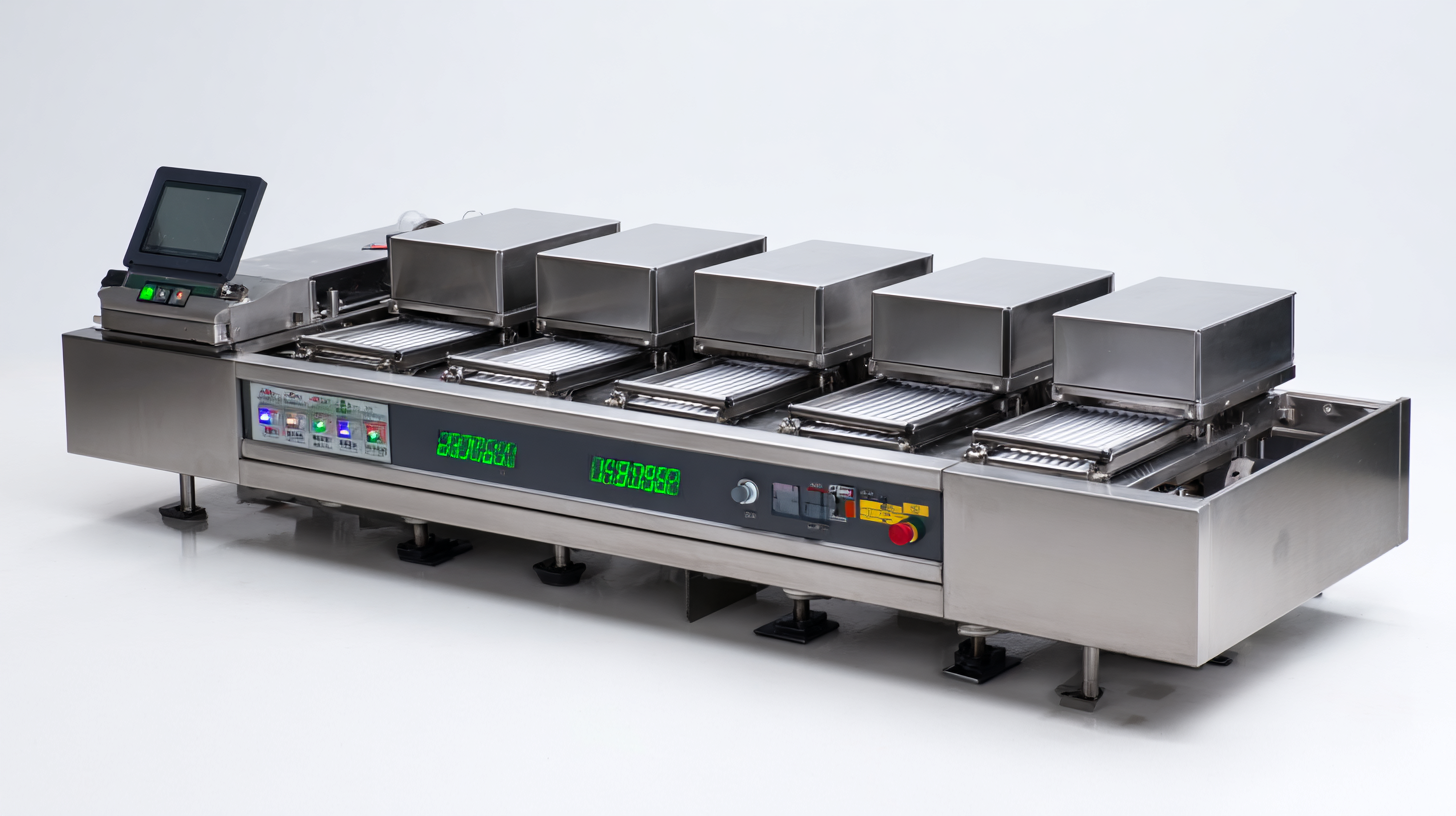
In terms of ROI, a report by Smithers Pira indicates that companies that implement precision checkweighing systems can achieve a return of up to 300% within the first year due to reduced labor costs and improved accuracy in packaging. Accurate checkweighing ensures that products meet weight specifications, reducing the risk of fines and enhancing customer satisfaction. Moreover, high-quality machines often come with advanced features such as data analytics capabilities, which can provide valuable insights into production workflows and further improve decision-making processes. By considering both the upfront costs and the long-term value these systems provide, businesses can make informed choices that align with their production needs.
When choosing the right checkweighing machine for your production needs, scalability and flexibility are crucial considerations. As industries evolve, the demand for customizable and adaptable solutions has never been greater. According to recent market analysis, the track and trace solutions market is projected to grow significantly, reaching $12.27 billion by 2030, up from $6.96 billion in 2025. This expansion highlights the importance of investing in equipment that can grow alongside your business, seamlessly integrating into existing processes while offering the adaptability to meet future requirements.
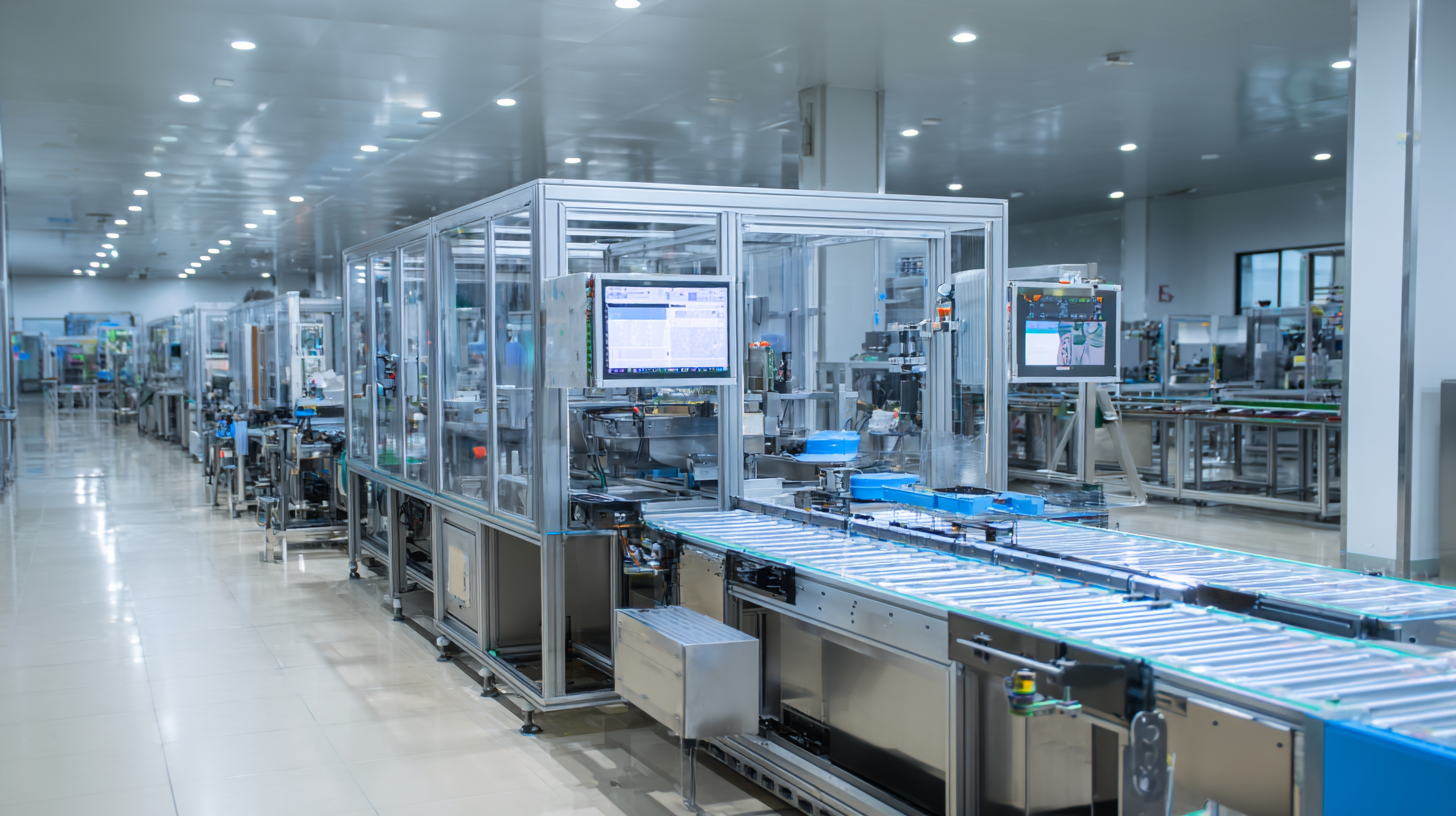
The ability to modify checkweighing machines for various applications is essential for manufacturers aiming to stay competitive in a rapidly changing market. Flexible systems can accommodate new products, packaging types, and regulatory requirements without necessitating a complete overhaul of existing machinery. With automation and connectivity becoming more prevalent, the right checkweighing solution should also support data collection and analysis, enhancing overall production efficiency. In this context, selecting a checkweighing machine that prioritizes scalability allows businesses to future-proof their operations, ensuring they can meet the increasing demands of their customers and regulatory bodies alike.
